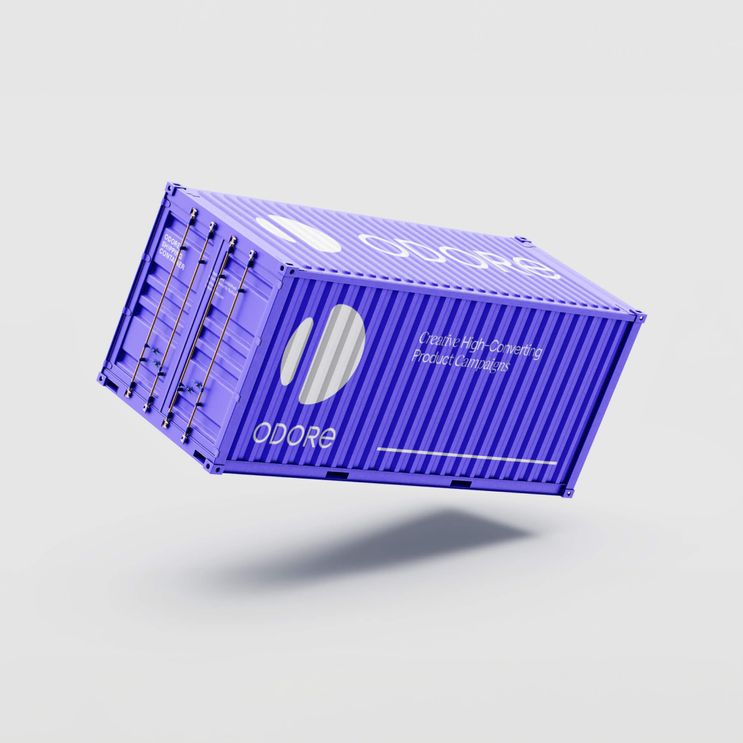Web 3.0
4 min read
5 Ways Decentralised Finance Changes The Way We Do Business? - Design for Growth
Decentralised finance (DeFi) has the potential to transform existing business models, supply chains, and financial intermediation. It is a disruptive force that organisations cannot afford to ignore. As regulatory bodies catch up to the surge in activity, financial services firms should act quickly to establish themselves as trusted players.
Blockchains enable the execution and validation of more elaborate contracts.
Blockchain technology is a distributed ledger of digital transactions that has no central authority. Its distributed nature facilitates trustful transactions between computers. The network of computers performs the validation of transactions using sophisticated algorithms. As a result, these transactions are real-time and are more secure than those conducted by a central authority.
Smart contracts
Smart contracts and decentralised finance have the potential to change our working practices and the way we do business. Blockchain-based smart contracts allow organisations to reduce transaction costs and manual intervention by automating processes. These contracts also simplify and speed up the settlement of financial transactions. With decentralised finance, organisations can benefit from automated record-keeping, streamlined KYC processes, and transparent auditing.
Peer-to-peer transactions
Peer-to-peer finance can help people get the funding they need for a range of purposes. Often, loans are offered in lump sums to help people cover costs like tuition and living expenses. They can also be used by small businesses to fund new products or marketing campaigns or to expand their business. Peer-to-peer lending platforms use a process called matching to match people who are looking for loans with those who are willing to lend.
Security
Decentralised finance is a trend that is sweeping the financial sector. In the past, the financial system has been dominated by a central authority. Central banks control interest rates and set lending rates, while governments control which institutions can participate in the system. Central banks also determine who can open an account, and they monitor transactions to prevent fraud. For this reason, consumers must prove their identity before opening a bank account.
Speed
Decentralised finance modernises the global financial system. By adapting the principles of traditional finance to modern technology, it creates a low-cost, transparent, and diversified financial ecosystem accessible to anyone with an internet connection and a smartphone. This allows new participants to participate in the financial system without being burdened by outdated systems.
Cost
Decentralised finance is a growing market that aims to eliminate the inefficiencies of centralised finance. Its use of blockchain technology allows anyone to use financial services, without having to go through a third party. This technology allows users to be in control of their money and cater to individual needs. All transactions are recorded in blocks, which are verified by other users. Once verified, a block is encrypted and closed. New blocks contain information from previous blocks.























